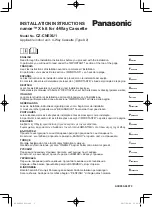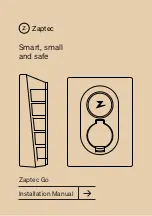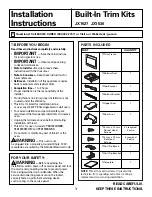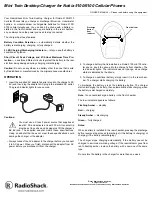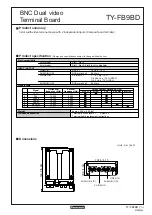
48
Troubleshooting
7
Troubleshooting
7.1
Command not confirmed
If at least one receiver does not confirm a command, the
device LED
(E)
lights up red at the end of the failed trans-
mission process. The failed transmission may be caused
by radio interference (see “10 General information about
radio operation” on page 52). The failed transmission
may also be caused by the following:
• Receiver cannot be reached.
• Receiver is unable to execute the command (load
failure, mechanical blockade, etc.).
• Receiver is defective.
7.2
Duty cycle
The duty cycle is a legally regulated limit of the transmis-
sion time of devices in the 868 MHz range. The aim of
this regulation is to safeguard the operation of all devices
working in the 868 MHz range.
In the 868 MHz frequency range we use, the maximum
transmission time of any device is 1% of an hour (i.e. 36
seconds in an hour). Devices must cease transmission
when they reach the 1% limit until this time restriction
comes to an end. Homematic IP devices are designed
and produced with 100% conformity to this regulation.
During normal operation, the duty cycle is not usually
reached. However, repeated and radio-intensive teach-
in processes mean that it may be reached in isolated in-
stances during start-up or initial installation of a system.
Summary of Contents for homematic IP HmIP-SCTH230
Page 3: ...1 A B E C D...
Page 4: ...G H I F 2 3 OFF...
Page 5: ...4 5...
Page 6: ...6 7...
Page 7: ...8 9...
Page 8: ...ON 10 11 Homematic IP HAP...
Page 9: ...12 13...























